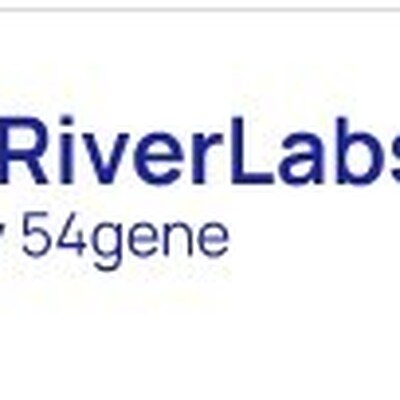Diagnostic testing for Coronavirus Disease (COVID-19)
Body
What Covid-19 test entails
These tests find out whether or not you have COVID-19. Laboratory technician, or adequately qualified medical assistant may collect your samples for this test in Covid-19 Test Centres In Abuja or inyour home in some cases.

What You Should Know
Even if you aren't an existing customer or patient, you can have the covered tests at no cost at any participating qualifying pharmacy or health care provider.
Your Original Medicare Expenses
When you see sign of Covid-19 then you must undergo test from a diagnostic test from a Covid-19 Test Centres In Lagos. At 24 hours medical testingcenters, one can go for test at very reasonable rates.
What other options do you have for getting COVID-19 tests?
Each household in some countries is eligible to receive two sets of four free COVID-19 tests.
- These fast tests can be taken anywhere, and results are available in 30 minutes.
- Orders are normally shipped within 7 to 12 days.
- There are a total of eight free tests available. You'll need to submit two separate orders to acquire eight tests, each sending four tests.
- A standing committee of the National Academies of Sciences, Engineering, and Medicine has released a new fast expert consultation on four concerns relevant to using and interpreting COVID-19 diagnostic tests. The advantages and limits of reverse transcription-polymerase chain reaction (RT-PCR) testing, the state of point-of-care tests, techniques and considerations for certain types and sequences of tests, and next-generation sequencing (NGS) testing are among the subjects covered. Antibody testing is not included in this quick expert consultation.
- Even once vaccines become widely available, diagnostic testing will be essential for COVID-19 treatment, illness surveillance, contact tracing, and preparations to reopen the economy and schools. According to the expert consultation, at least 30 million tests will be required each week to diagnose individuals and their contacts quickly, while screening asymptomatic individuals could require up to 14 million tests every day.
- RT-PCR assays are currently the gold standard for detecting the presence of infectious viruses and must be performed in a Medical Lab Test Centre Nigeria. This could change when additional evidence on antigen-based diagnostic tests and other extremely sensitive testing methods becomes available.
- According to the expert consultation, there are trade-offs between RT-PCR assays and the rapid point-of-care (POC) tests that are widely employed to screen asymptomatic persons. They often need to be conducted numerous times each week for each person to promptly discover and isolate cases in particular situations, such as college campuses, to limit prevalence. According to the expert consultation, few processes and compliance measures are in place for reporting rapid POC test findings to public health authorities, particularly when businesses or institutions undertake the tests. As a result, the number and location of affected people may not be recorded, and the virus spread may go unchecked.
- Individual diagnostic testing methods also look into next-generation sequencing (NGS) possibilities, which could provide a very sensitive and specific diagnosis. Some companies may be able to analyze 10,000 samples at once with a 24-48-hour turnaround time. Whether NGS testing will suffer the same transportation, processing, and reporting issues as RT-PCR assays.









Comments